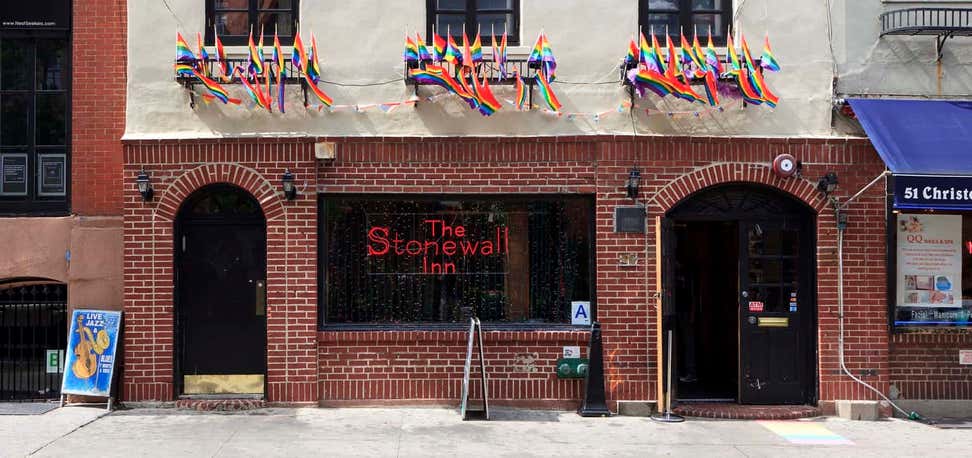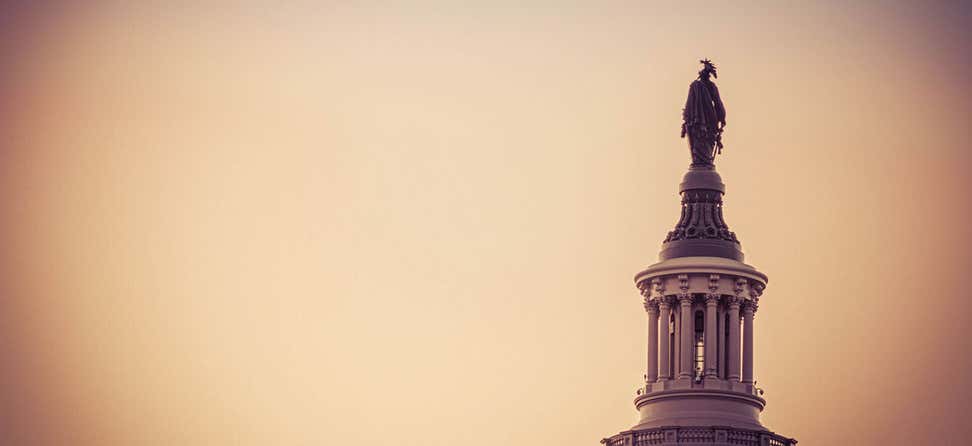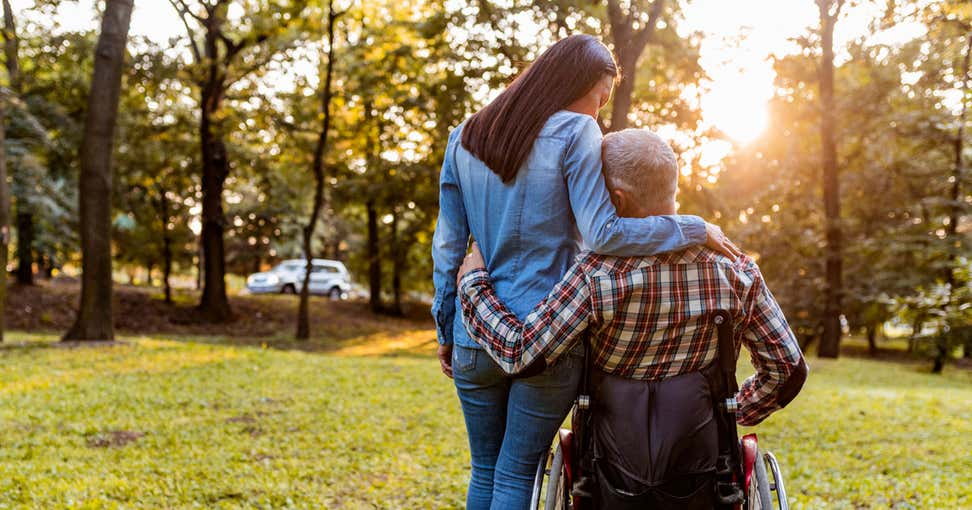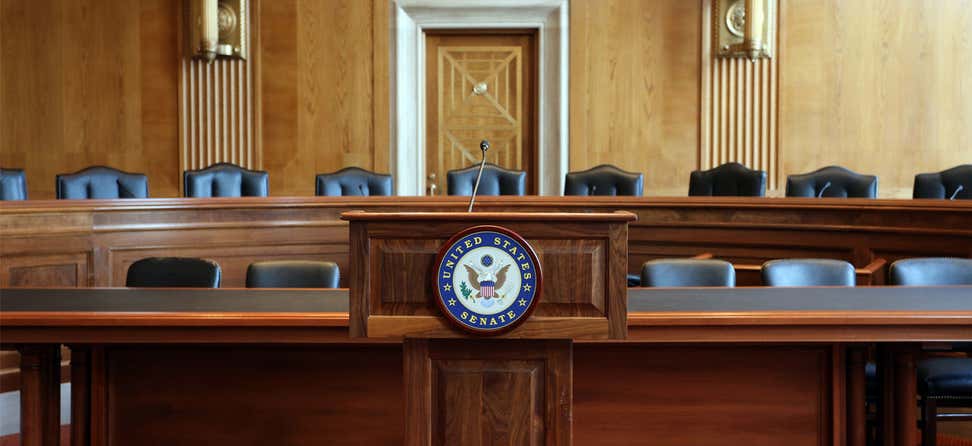Key Takeaways
The LGBTQ+ community has been fighting for their civil rights for decades.
However, it wasn’t until the 1968 Stonewall Riots that issues facing the LGBTQ+ community attracted attention from mass media in the United States.
As we celebrate Pride, we must remember that there would be no Pride Month if it wasn’t for the efforts of the LGBTQ+ elders who fought against unfair laws and treatment.
As with so much else, this year's celebration of Pride Month has been changed by both COVID-19 and protests across the country. Staying physically and socially distant has many people studying the history of lesbian, gay, bisexual, transgender, and queer (LGBTQ+) rights movements. We're grateful to the Diverse Elders Coalition for letting us share their post about this issue.
There are many ways to write the story of the LGBTQ+ civil rights movement. We can start in the 1920s, when the Society of Human Rights was founded, or in 1955 when the secretive Mattachine Society was founded, or with the 1965 gay march in front of Independence Hall in Philadelphia. The LGBTQ+ community has been fighting for their civil rights for decades; however, it wasn’t until the 1968 Stonewall Riots that issues facing the LGBTQ+ community attracted attention from mass media in the United States.
The Stonewall Riots united many different LGBTQ+ groups to take back their civil liberties, which were unfairly stripped away because of who they were and who they loved. The events of 1968 started a revolution inspired by many other movements of the time, such as the anti-Vietnam war movement and the Black Power Movement. Activism on all fronts during this period empowered the LGBTQ+ community to keep working towards justice and encouraged others to “come out of the closet” and join the fight. Although chaotic, the late '60s could be characterized as a time of unity and inspiration between diverse groups fighting for the same things: human rights.
However, the fight is far from over. The legalization of same-sex marriage was only codified five years ago in 2015! Even more recently, the US Supreme Court upheld federal laws to protect LGBTQ+ workers from discrimination on June 15th, 2020—the same issue that prompted the 1965 Philadelphia gay parades. We must honor the intersectionality that exists within the LGBTQ+ community and stand with those most impacted by oppressive forces in society. Black transgender and gender non-conforming people face enormous discrimination and violence. The fight for LGBTQ+ rights does not end with marriage or parades; it will not end until all LGBTQ+ people are safe, supported, and free.
As we celebrate Pride Month this year, we must remember that there would be no Pride Month if it wasn’t for the efforts of the LGBTQ+ elders who fought against unfair laws and treatment. We still have a long way to go to achieve equity, but as long we follow the footsteps of those who came before us as we fight for the same freedoms, we will get there. Happy Pride Month!










